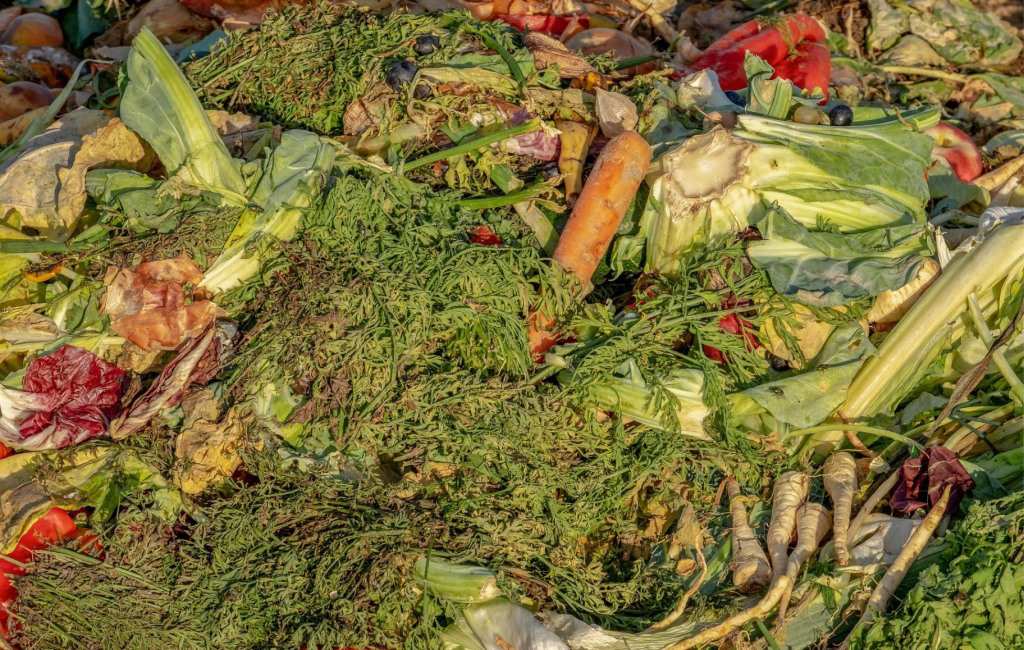
source
Jenny Grant, Manager of Scotland, ORG & Biogas at the REA
Keep it clean – A composters guide to household garden waste
Since 2017 the UK has been swept up in the Blue Planet effect. A grass roots revolution sparked by one infamous episode has seen awareness of plastics in the ocean sky rocket and contributed to the use of single-use plastic bags in major supermarkets dropping by a third in the past year. The composting industry is now asking householders to channel that same energy and action into preventing plastics from getting into our soils via compost use!
As it currently stands, the composting industry is spending millions of pounds every year removing plastic from garden waste collections and paying for their disposal. In spite of the valiant efforts of the industry, a low percentage of plastic sometimes makes it through the machines and into the compost and then may have a negative effect on the soil quality where compost is spread. For those of us less familiar with the ins and outs of organic recycling, compost has a number of benefits that impact our daily life without us even knowing. High quality compost builds up the organic matter and structure of our soils which reduces the need for artificial chemicals and fertilizers, can reduce the impact of climate change and flooding.
“The level of awareness raised and progress made in removing plastic from the ocean has been a remarkably humbling demonstration of empathy and social responsibility towards the planet and its creatures. Let’s be sure to show the same compassion to ourselves by getting plastic out of our garden waste, out of our compost and out of our soils.”
There are controls in place for both waste status and product status composts to prevent high levels of plastic contaminating our compost and our soils. Our subsidiary company the Renewable Energy Assurance Limited runs well established certification schemes including the Compost Certification Scheme, which independently assesses and certifies whether composts are fit for purpose. However, with our organics members estimating that they receive between 2 % and 5 % plastic contamination in household garden waste, we need householders help ensure that plastic does not enter the garden waste stream in the first place.
You can put everything that grows in your garden, except Japanese Knotweed, into your garden waste bin. This excludes any tools and accessories used when gardening such as pots, plastic bin bags, plant tags and plastic trellis. Certified compostable bags and sacks can be used for containing your garden waste as long as they have a certification mark (see image above).
In essence if you can’t grow it or if it doesn’t have a compostable certification mark on it, it does not belong in the garden waste bin. The level of awareness raised and progress made in removing plastic from the ocean has been a remarkably humbling demonstration of empathy and social responsibility towards the planet and its creatures. Let’s be sure to show the same compassion to ourselves by getting plastic out of our garden waste, out of our compost and out of our soils.

